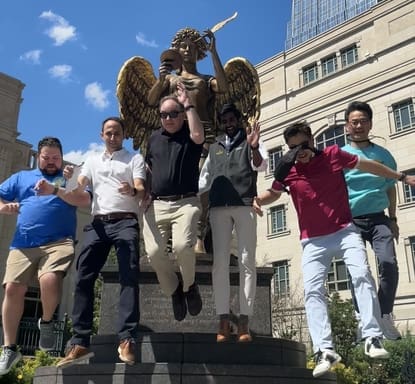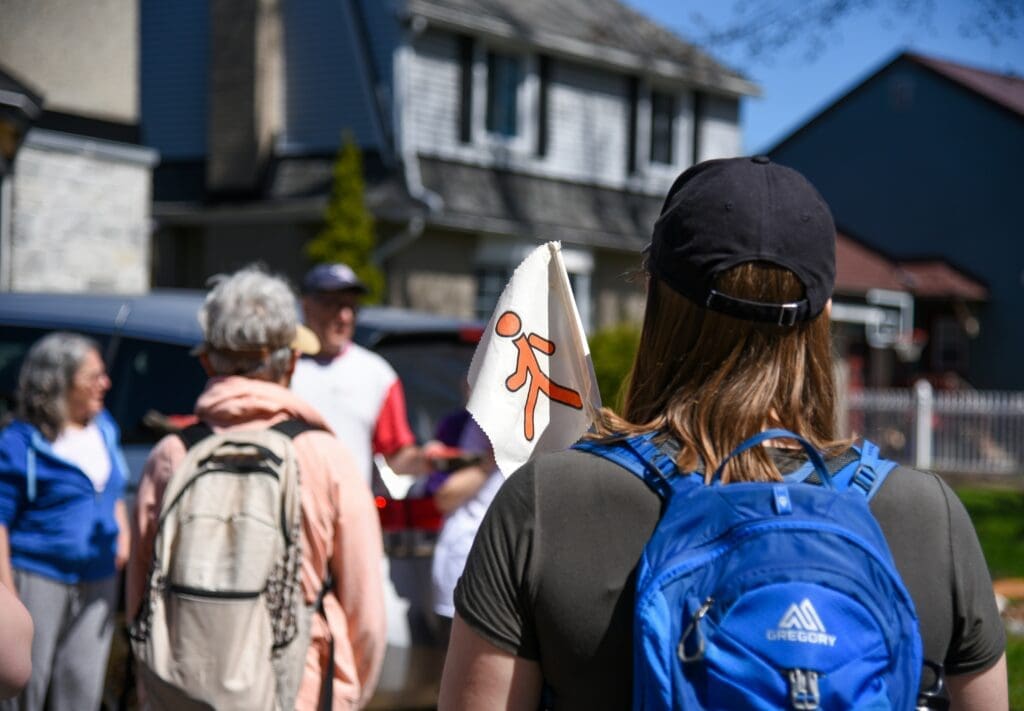How to Do Your Own Museum Scavenger Hunt
Museums are fun and exciting places. They are a valuable resource for people of all ages and are a wonderful way to spend an afternoon. They live at the intersection of education and discovery and enable all of us to broaden our horizons and gain a better understanding of the peoples, cultures, and places that make up our world.
To make your next museum trip even more fun and engaging, create your own scavenger hunt! Scavenger hunts are an excellent way to get people more involved in your museum visit and can also act as a learning tool.
Let’s go over the five main steps to create an awesome museum scavenger hunt.
Step 1: Determine the Primary Focus of the Hunt
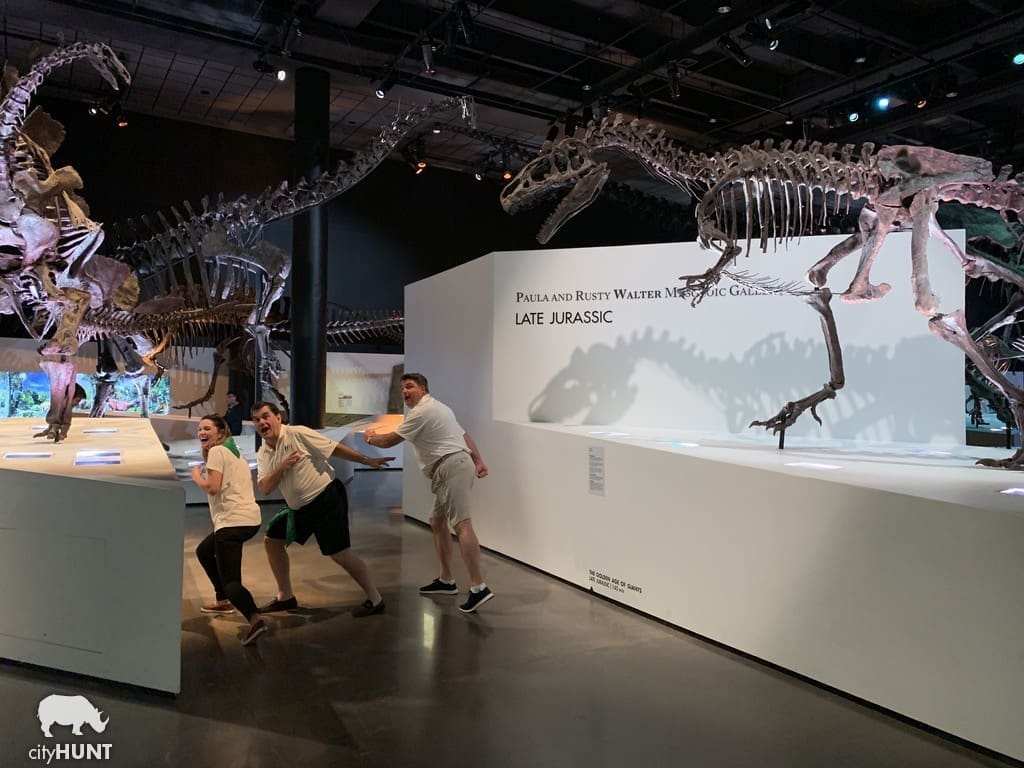
While museum trips are enjoyable, they might be a bit taxing for some individuals. When crafting a scavenger hunt in a museum, make sure you are targeting the age and ability of those who are engaging in it. You want your museum scavenger hunt to be achievable and should go to any lengths to reduce stress or anxiety, as the hunt will be played in a largely unfamiliar place with a high amount of stimulation.
To make things simple, you could have your hunt stay in one portion of the museum, or follow a theme such as a culture or period of history. The size of the hunt should be based on the age-group you are creating it for. You want to make it achievable for everybody.
Step 2: Visit or Research the Museum
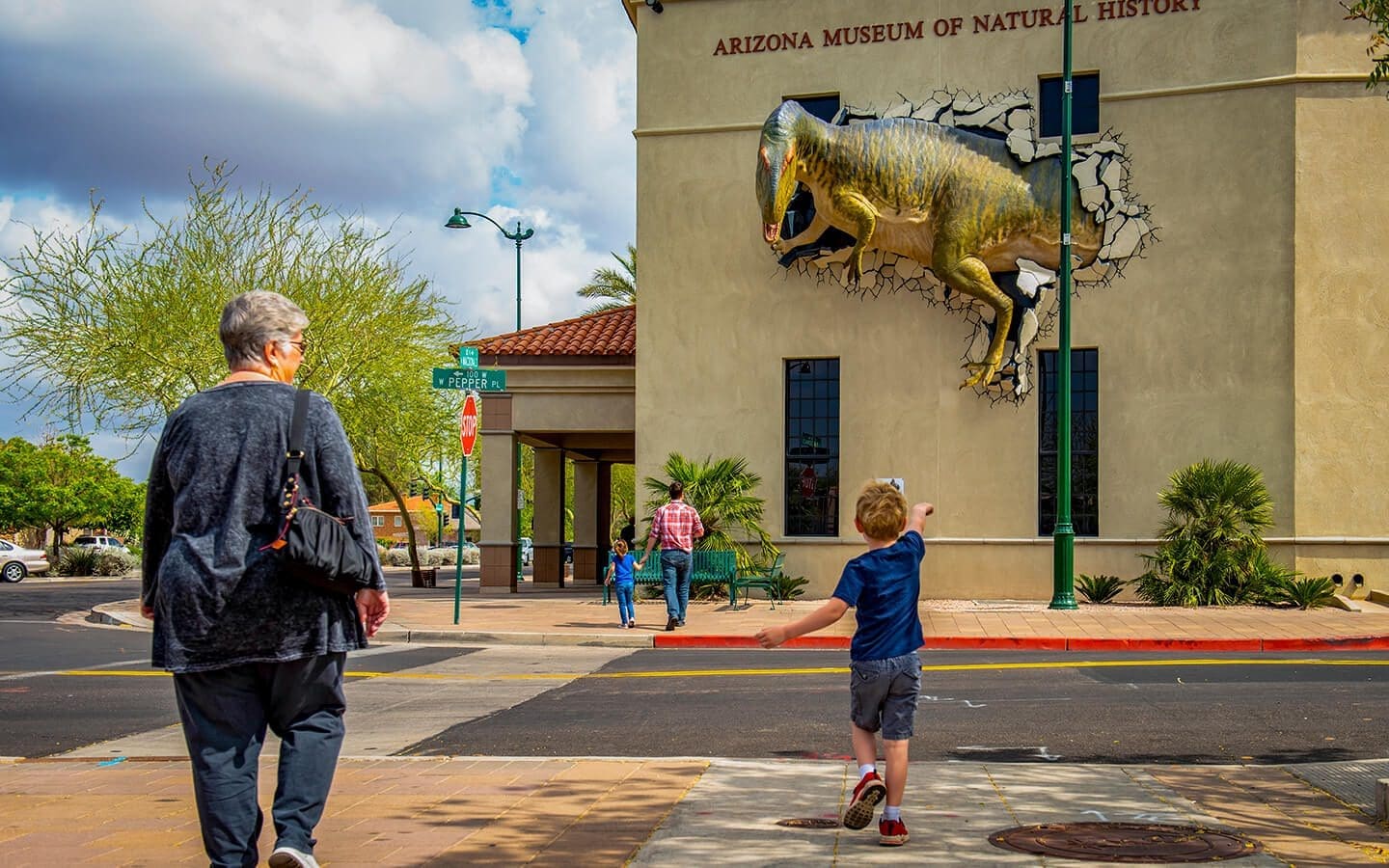
In order to make your museum scavenger hunt truly special, you need to be acquainted with the museum and know how to plant the hunt. Do some personal research, either by visiting the museum or looking through their online information. A lot of museums have virtual tours that could help you plan your hunt, or you could reach out to the museum staff and ask if they have a way to help you with this task.
Pick up copies of the museum brochures, or create your own guide just for the hunt. Plan what exhibits, displays, and artwork you want people to notice. Note the location of the items in your hunt, especially how far they are from each other. If objects in your hunt are in different rooms or wings of the museum, plan accordingly. You want your clues to be accessible, and you might have to modify your guides individually to make sure that everyone joining in feels like they’re doing well.
Step 3: Create Your Clues and Questions
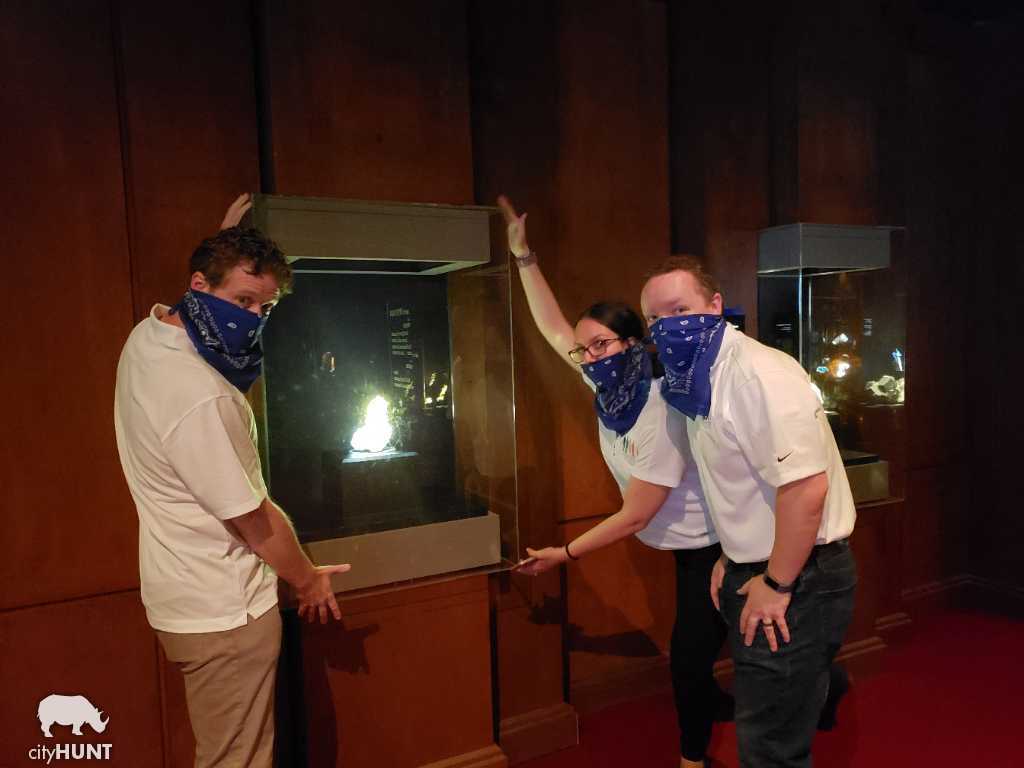
Now it’s time to get creative! To create your own fabulous museum scavenger hunt, check out these steps for some inspiration:
- Check out the museum beforehand, either in person or virtually, and ask for some brochures, museum guides, and maps. See if you can check out their map or guide online. Oftentimes museums will have additional info on their guides or websites that will help you decide the direction of your hunt.
- Rely on your guide, using the exhibits and displays you like to plan your hunt. Think about your hunters, and consider what the entire group will find entertaining.
- Search out the exhibits, noting the information, facts, artwork, etc., and their individual locations.
- Make your own guide, typing up the clues and questions that will lead your hunters through the museum, hopefully prompting them to ask questions about the displays. This should be a fun, fact-finding adventure!
Pro Tip: Let’s say your museum is hosting an exhibit on the works of Van Gogh. One of your questions might be: “Within the Van Gogh exhibit, find the painting he did right before his death. What is the piece called? What year was it painted in?”
- Keep your hunt to a good amount of clues/questions. Around 15-20 is a good idea. Beforehand, try and look at your hunt through fresh eyes and decide if it’s too quick, easy, lengthy, or tedious. You may need some outside help to finalize your hunt.
- You’re ready to go! Print out your scavenger hunt list, go to the museum, and let the hunters figure out their clues. You could consider including bonus questions or prize questions for those hunters who are really engaged in the game.
- Set a meeting place and gather up at the end. Make yourself available in a place where you can answer questions and help any hunters who are struggling. Remember, you want this trip to be fun and informative.
Example Scavenger Hunt Clues: American Museum of Natural History, New York
Clue: With teeth like daggers, and a jaw so wide, it cannot hide. Its arms are small, but don’t be fooled, this predator once ruled.
Answer: Find the Tyrannosaurus rex Exhibit
Clue 2: Find the giant of the deep blue, larger than all, Reaching lengths that make others seem small.
Answer: Find the Blue Whale Model
Clue 3: Seek the place where earth’s riches lay, and explore a dazzling display.
Answer: Find the Hall of Gems
Step 4: Come Up With a Prize
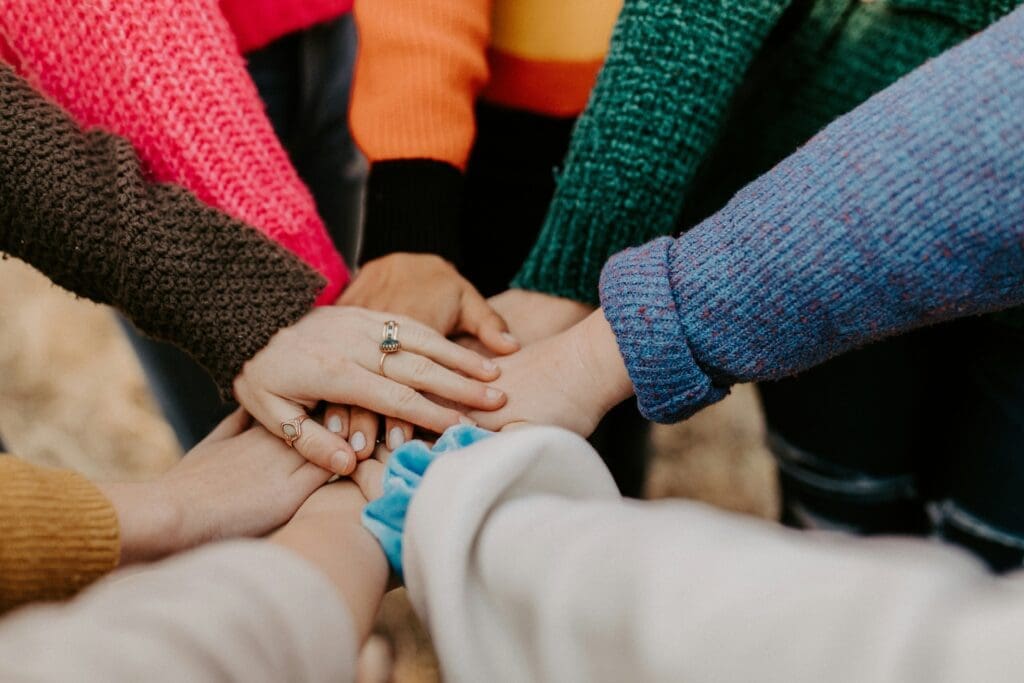
If your museum scavenger hunt is an event for the kiddos, you’ll want some kind of prize(s) at the end. Don’t overthink it—your prize can be as simple as a trip for ice cream. Curate the prize based on the group, and consider going somewhere after or bringing the prizes with you and hosting a little ceremony at the end of the hunt.
To consider the prize pool, you can do various things. Don’t simply demand that everyone finish the hunt, because that will be unrealistic for some of your hunters. Set a minimum standard of discovered clues, and help everyone along to ensure that the prize doesn’t elude those who are working just as hard.
Step 5: Create Teams and Get Started!
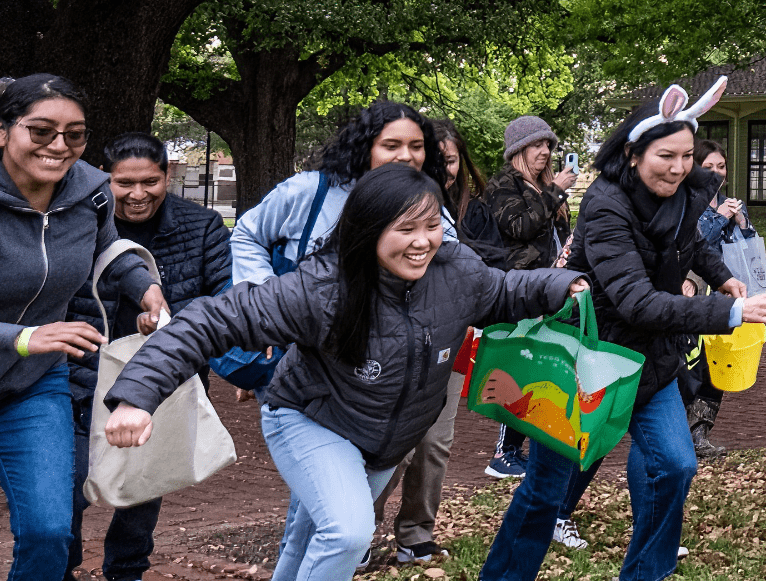
While the aim of the museum scavenger hunt is fun and education, one of the biggest benefits of doing any scavenger hunt is that it promotes teamwork. Creating randomized teams is a great way for people who might not know each other very well to bond. Hunts are wonderful activities that help us learn more about the world and each other, and you want to make sure that everyone is joining in.
Your museum scavenger hunt should be a fun time for everyone in your group. Don’t discourage any active participants, and help those who are struggling. Include bonus questions for those who fly through. If one participant finds it too easy, ask if they will help the ones who are having a hard time. If everyone works together, you will have a great and memorable time that everyone will want to do again.
Done-For-You Hunts
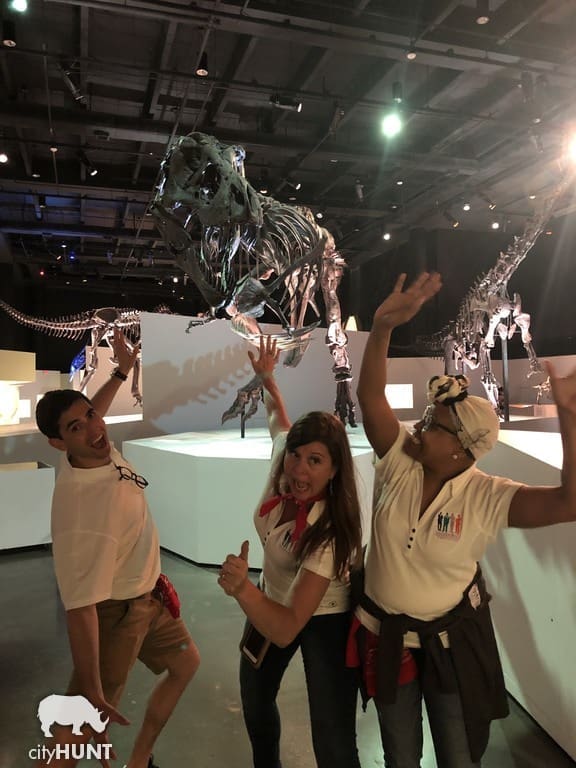
If you’re looking for more engaging hunts (or don’t have the time or energy to fully craft one yourself), cityHUNT Scavenger Hunts are a great way to get the party going. CityHUNT offers scavenger hunts in New York that will take you through museums such as the MoMA, the Smithsonian National Museum of American History in Washington, DC, the Museum of Science and Industry in Chicago, and many more!
At The End Of The Day, It’s About Each Other
The conclusion of your museum scavenger hunt should be positive all around. No matter who the hunt is for, they are a great way for us to spend time together and to encourage team building. Museum scavenger hunts are spectacular learning experiences and can help us reacquaint ourselves with forgotten aspects of the planet and ourselves.



